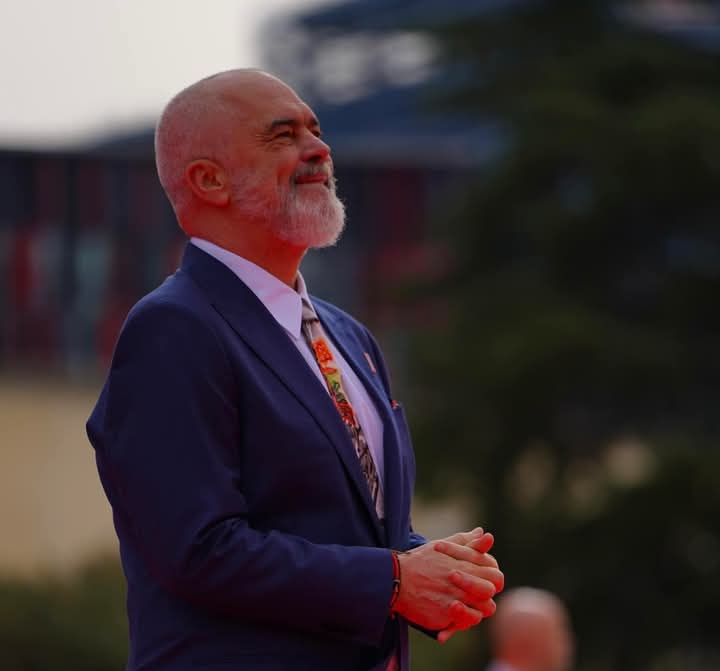By Adeyemi Adekunle
Albania has announced a one-year ban on TikTok following the tragic death of a teenager in a fight near a school in Tirana last month. The incident, reportedly stemming from an online confrontation on social media, has ignited a national debate about the influence of digital platforms on youth behavior and safety.
Prime Minister Edi Rama made the announcement on Saturday during a meeting with parents’ groups and educators from across the country, expressing growing concerns about the app’s impact on children.
“We are going to chase this thug out of our neighborhood for one year,” Rama declared, likening TikTok to a disruptive presence that needed to be removed to safeguard Albania’s youth.
The incident that led to this decision involved a violent altercation near a school, where a teenager lost their life. While authorities have yet to confirm the direct involvement of TikTok in the confrontation, the event has prompted a broader reckoning about the role of social media in fostering hostility and conflict among young users.
Rama’s decision follows a series of consultations with concerned parents and educators, many of whom have voiced alarm over the addictive nature of platforms like TikTok and their potential to amplify harmful behaviors. “This is not just about one app; it’s about protecting the values and safety of our children,” Rama said during the meeting.
TikTok, owned by Beijing-based ByteDance,has swiftly responded to the announcement, seeking “urgent clarity” from the Albanian government. A spokesperson for the company refuted claims linking the platform to the fatal altercation, stating, “We found no evidence that the perpetrator or victim had TikTok accounts.
Multiple reports have confirmed videos leading up to this incident were being posted on another platform, not TikTok.”
The company also emphasized its efforts to moderate harmful content and maintain a safe digital environment, pointing to existing safeguards aimed at protecting younger users.
Albania’s decision comes amid growing scrutiny of TikTok in the Balkans and beyond. Neighboring countries such as Kosovo, North Macedonia, and Serbia have reported concerns about the platform’s negative influence on youth, citing issues ranging from cyberbullying to the promotion of dangerous trends.
Globally, TikTok has faced mounting criticism and regulatory challenges. In the United States, it has been accused of espionage, while the European Union is investigating claims that the app was used to sway Romania’s presidential election in favor of a far-right candidate.
While many Albanian parents and teachers have welcomed the ban as a necessary step to protect children, others have criticized it as a knee-jerk reaction that unfairly singles out one platform. Critics argue that the root issues—such as inadequate digital literacy education and a lack of parental supervision—require a more comprehensive approach.
Despite the mixed reactions, Rama remains resolute, framing the move as a temporary but essential measure. “This is about taking back control,” he said. “We cannot allow social media to dictate the future of our children.”
Amidst the ban Albania has becomes a flashpoint in the global debate over balancing technological innovation with societal responsibility. Whether this drastic measure will set a precedent for other nations or serve as a cautionary tale remains to be seen.




